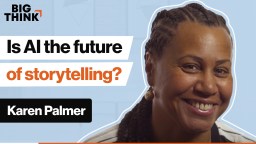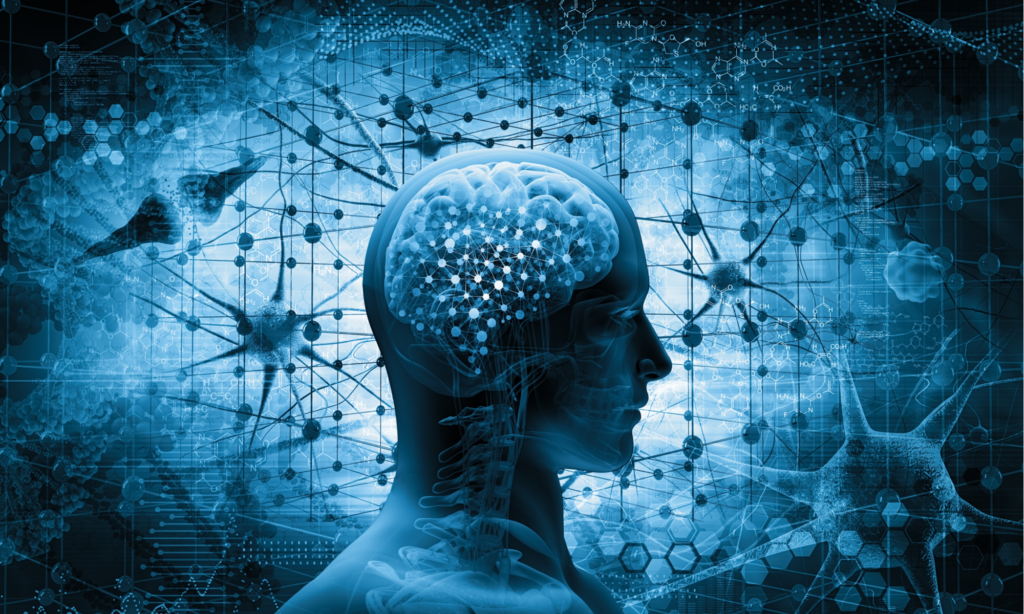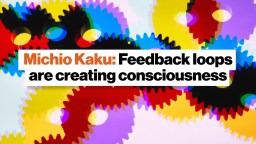consciousness
When you stop predicting the future and comparing the present to the past, you can reach a beneficial flow state.
▸
4 min
—
with
Neurons that store abstract representations of past experiences are activated when a new, similar event takes place.
Combining various mindfulness-based interventions (MBIs) can have numerous health benefits, according to new research.
A clean work space, plants, and putting on the right pants all make working from home easier, according to science.
Nostalgia is also proven to decrease loneliness and increase resiliency.
Through experiencing time in a nonlinear way, can artificial intelligence provide us more perspective?
▸
3 min
—
with
Two types of thinking have a time-sharing deal going on in your brain.
Studies have shown that dominant sexual activity can often boost your work ethic several days after a sexual experience.
A recent study on monkeys found that stimulating a certain part of the forebrain wakes monkeys from anesthesia.
Juggling conscious experience with the machinations of the mind can create the ultimate audience experience.
▸
4 min
—
with
Can technology act as a feedback loop for human emotions?
▸
3 min
—
with
The key to happiness is being less optimistic and accepting a certain amount of unhappiness.
▸
6 min
—
with
In his new book, The Deep History of Ourselves, Joseph LeDoux explains where we come from.
What if consciousness is just a blip in the universe, a momentary flowering of experience that is unique to life in early technological civilizations—but eventually vanishes?
▸
16 min
—
with
A newly studied hallucinogenic substance has shown signs of treating mental health conditions more efficiently than psilocybin.
A review of the multifaceted questions we’ll ask to determine whether robots have a felt quality of experience — an “inner feel.”
▸
5 min
—
with
Our ability to make predictions about the future distinguishes our level of consciousness.
▸
6 min
—
with
The system could help with diagnosing and treating patients that cannot communicate.
Researchers are only just beginning to really understand anaesthesia awareness.
An expert’s take on how to ace your exams through mindfulness.
This unsettling new understanding of vegetative patients raises medical ethics issues.
Exploring the idea that objects we perceive in everyday life do not reflect objective reality.
▸
3 min
—
with
They experience reality differently than we do.
Check out these mysterious optical illusions that affect our visual perception.
Cognitive psychologist Donald Hoffman hypothesizes we evolved to experience a collective delusion — not objective reality.
Someday we’ll beam to the moon for afternoon tea, and be back in New York for dinner.
▸
5 min
—
with
If philosophers don’t try to mesh their long-held views with new scientific insights, then we have a problem.
▸
5 min
—
with
We don’t perceive time in an objective fashion; instead, the brain interprets time in a complex and amorphous way.
Brain plasticity. Mindful superpowers. Pokémon invading our grey matter. Scientists have only begun to learn about the human brain.





























